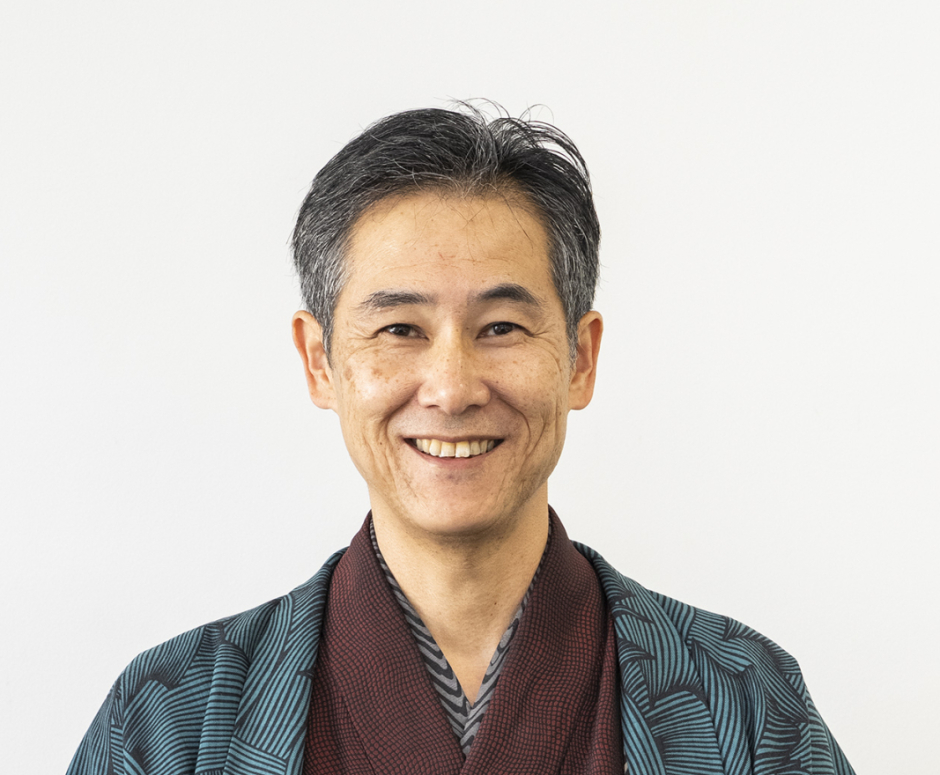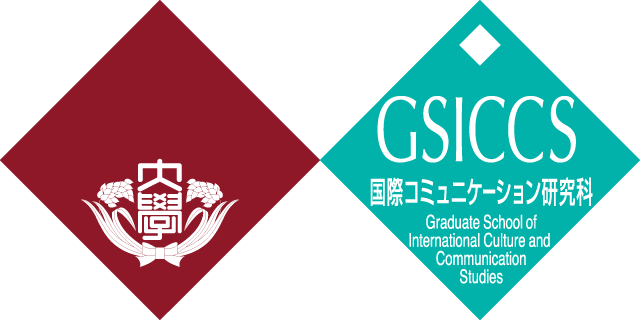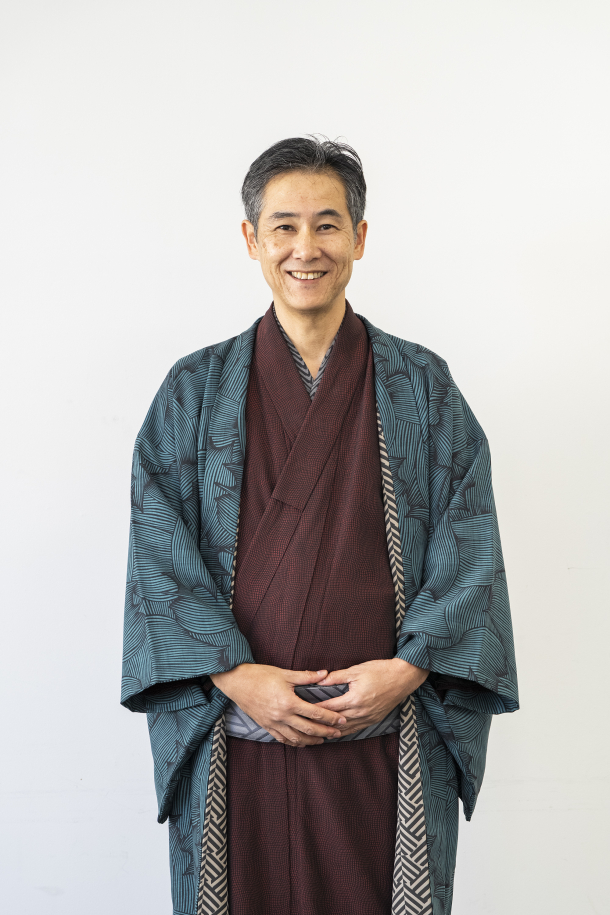- Faculty
- UESUGI, Yuji
UESUGI, Yuji

- Posted
- Fri, 21 Feb 2020
- Title: Professor
- Degree:Ph.D. in International Conflict Analysis (University of Kent)
- Directed Research:Peace and Conflict Studies
- Research Field:Conflict Resolution, Peacebuilding
Biography
I am a Professor of Peace and Conflict Studies at Waseda University, where I supervise MA and PhD students working on security, conflict analysis and resolution, peacebuilding, third-party intervention such as mediation and facilitation. I earned my PhD in International Conflict Analysis from the University of Kent (2002) and an MS in Conflict Analysis and Resolution from George Mason University (1996). My research and teaching bridge theory and practice: I study how intermediaries—from the United Nations to local “mid-space” actors—broker peace, and I bring decades of field experience into the classroom.
As a reflective practitioner, I have worked on peacebuilding and mediation in Timor-Leste, Bangsamoro (the Philippines), Aceh (Indonesia), Cambodia, Afghanistan, and beyond. I served as a Japanese Government representative on the Independent Commission on Policing that oversaw police reform in the Bangsamoro Autonomous Region in Muslim Mindanao (BARMM), and I have long been engaged in professional training for peacebuilding, including programs commissioned by Japan’s Ministry of Foreign Affairs.
Much of my scholarship examines “hybrid peacebuilding”—how local and international actors co-produce peace—and the roles of intermediaries who connect national leadership, insurgents, and communities. My work includes the edited volume Hybrid Peacebuilding in Asia and subsequent open-access research on operationalizing hybridity, as well as articles on Japan’s peacebuilding, UN governance, and Asian conflict management.
Beyond campus, I founded the Okinawa Peace Assistance Center (OPAC), an NPO in Naha that advances Okinawa-related security research and youth-focused international cooperation across Asia.
OPAC regularly offers internships and practitioner-led workshops—excellent opportunities for students to gain applied skills, join field projects, and build regional networks.
Selected Publications
- Uesugi, Y. (2023). Anomalies in Collective Victimhood in Post-War Japan: ‘Hiroshima’ As a Victimisation Symbol for the Collective National Memory of War. War & Society, 43(1), 44–61. https://doi.org/10.1080/07292473.2023.2273034
- Uesugi, Y. (2022). Security Sector Reform. In: Mac Ginty, R., Wanis-St. John, A. (eds) Contemporary Peacemaking. Palgrave Macmillan, Cham. https://doi.org/10.1007/978-3-030-82962-9_18
- Uesugi, Y. (2022). Controlling Violence by the Dominant Coalition: A Comparative Study of the Philippines (Mindanao) and Myanmar. In: Cogan, M.S., Sakai, H. (eds) Alternative Perspectives on Peacebuilding. Rethinking Peace and Conflict Studies. Palgrave Macmillan, Cham. https://doi.org/10.1007/978-3-031-05756-4_8
- Uesugi, Y., & Richmond, O. P. (2021). The Western International Peace Architecture and the Emergence of the Eastphalian Peace. Global Society, 35(4), 435–455. https://doi.org/10.1080/13600826.2021.1942803
- Uesugi, Y., & Richmond, O. P. (2021). Reconstructing the International Peace Architecture in the Asian Century. Global Society, 35(4), 419–434. https://doi.org/10.1080/13600826.2021.1948393
- Adhikari, M., & Uesugi, Y. (2023, November 22). Conflict Management and Peacebuilding in Asia. Oxford Research Encyclopedia of International Studies.Retrieved 6 Nov. 2025, from https://oxfordre.com/internationalstudies/view/10.1093/acrefore/9780190846626.001.0001/acrefore-9780190846626-e-794
If you want to study how peace is actually made—by international organizations, governments, and community intermediaries—and you’re eager to test ideas in real-world settings, I’d be glad to hear from you. Prospective students can explore my latest publications and research themes on my Waseda profile and personal website below.
Major Works / Publications Awards
https://w-rdb.waseda.jp/html/100001228_en.html
Directed Research
Seminar Overview
The seminar explores the diverse conflicts currently shaping the international agenda, analyzing their root causes and pathways toward resolution. Our collective goal is to contribute to global policy-making and the practical work of sustaining peaceful societies. Directed research focuses on three interrelated dimensions of peace operations—peacemaking, peacekeeping, and peacebuilding—examined not only from the perspective of international and regional security, but also through the lens of human security, emphasizing the lived experiences of people affected by conflict and external interventions.
Interdisciplinary Foundation
Peace and conflict studies are inherently interdisciplinary, combining conflict analysis and resolution, international relations, security studies, and international politics. Students are encouraged to integrate insights from history, sociology, anthropology, and psychology, particularly in areas such as identity, intergroup relations, social mobilization, and victimhood. The seminar welcomes research that connects global theories to local realities, and that bridges practice with policy.
Research and Supervision Areas
I supervise dissertations on a wide range of topics within peace and conflict studies, including but not limited to:
- Conflict analysis and resolution
- Peacebuilding and post-conflict reconstruction
- Peace operations and the role of intermediaries
- Mediation, negotiation, and preventive diplomacy
- International and human security
- Security sector reform (SSR) and governance (SSG)
- Hybrid peacebuilding and local-international partnerships
- Japan’s foreign and security policy, including Okinawa’s role in regional peace
Students are invited to link their projects with my ongoing field-based and policy-oriented research, which spans Asia and beyond.
Opportunities for Students
I particularly welcome students from conflict-affected regions and those motivated to translate their experiences into research and practice. Over the years, I have supervised students from Afghanistan, Sri Lanka, Timor-Leste, Somalia, Myanmar, and elsewhere. Through collaboration with my colleagues in the GSICCS, I also support applicants to the UNHCR Refugee Higher Education Program (RHEP), which provides scholarships to refugees pursuing advanced degrees.
Students interested in Japanese security and peace diplomacy—including issues related to Okinawa—will find opportunities to engage with governmental and research institutions such as the Ministry of Foreign Affairs, Ministry of Defense, and Okinawa Peace Assistance Center (OPAC), an NPO I founded to link local security concerns with international cooperation and youth engagement.
Mentorship and Research Training
This seminar provides structured guidance for developing a dissertation project—from conceptual design and field research to writing and publication. Students benefit from close mentoring, access to regional networks, and the chance to collaborate on ongoing research initiatives in Asia-Pacific peacebuilding, UN operations, and hybrid governance.
If you are eager to understand how peace is negotiated, sustained, and sometimes challenged in the real world, this seminar offers a supportive environment where academic inquiry meets hands-on experience.

